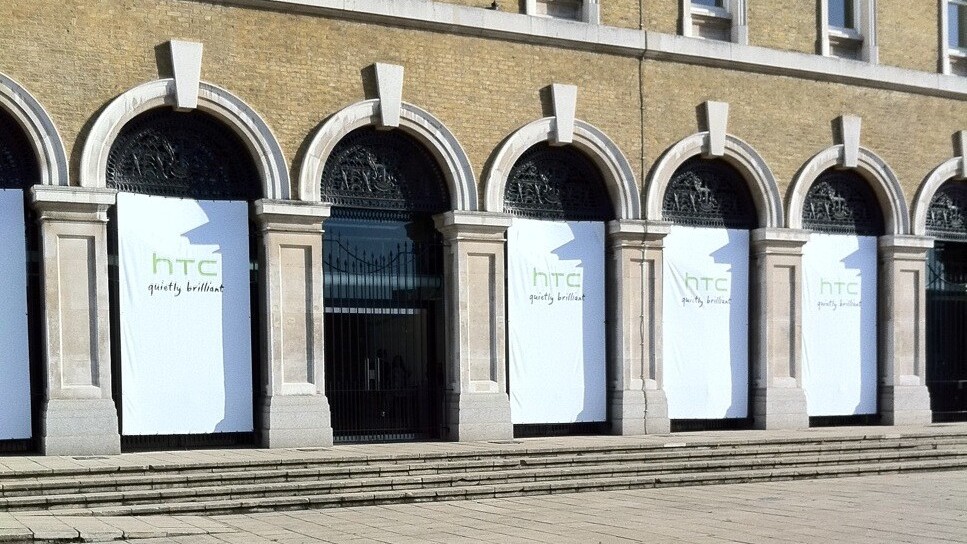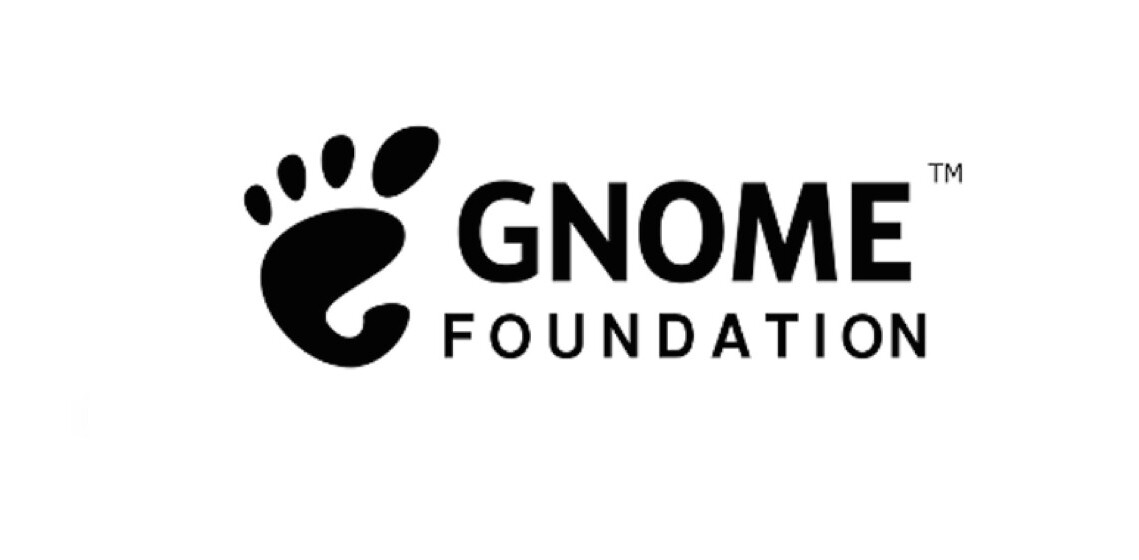
Popular group-buying and booking service websites including Groupon, LivingSocial and OpenTable have been sued in the Virginia Eastern District Court by little-known company SellerBid Inc. for infringing on patents that relate to the offering of goods and services at discounted prices.
SellerBid has sued Groupon, LivingSocial, Buywithme and OpenTable for infringing patent numbers US 7,647,024 and US 7,983,616, both of which describe a “Method and system for improving client server transmission over fading channel with wireless location and authentication technology via electromagnetic radiation”.
All About Patents reveals that Groupon and other e-commerce websites are using technologies that improve the delivery of deals based on a user’s location, authenticating the process via “electromagnetic radiation”, whilst allowing secure data to be communicated.
These patents are broadly linked to methods used for performing a “group transaction” on websites that can vary deals based on the location and identifier of the customer.
The patent claim US 7,647,024:
“A method for facilitating electronic communication of secure information, the method comprising: receiving a unique identifier corresponding to a client process; recognizing the unique identifier and establishing a secure communication channel with the client process based on the recognition of the unique identifier; receiving information from the client process, through the secure communication channel, wherein the information is related to an item transaction or a financial transaction; receiving location information of the client process; and using the location information of the client process to correlate the transaction to a group transaction wherein transaction parties belonging in the group transaction are provided with a group benefit.”
Patent claim US 7,983,616:
“A method for facilitating electronic communication of secure information, the method comprising: receiving a unique identifier corresponding to a client terminal; recognizing the unique identifier and establishing a secure communication channel with the client terminal based on the recognition of the unique identifier; receiving information from the client terminal through the secure communication channel, wherein the information is related to an item transaction or a financial transaction; receiving location information of the client terminal; using the location information to correlate the client terminal to group transaction information wherein transaction parties belonging in a group transaction are provided with a price discount; and providing information pertaining to the group transaction, wherein receiving the unique identifier is through a wireless communication channel.”
Sellerbid wants the companies involved to pay its damages and costs, a “reasonable, ongoing and post-judgement royalty”, interest on damages caused and “further relief as the Court may deem just and proper”. It is not known how the companies will respond, we have however contacted them for comment.
It is interesting to note that the Sellerbid has not named Amazon or Google in the lawsuit, even though both companies operate their own group-buying services.
The claimant describes itself as a company that facilitates:
“Arranging and conduction of auction sales; Business management assistance and particularly carrying out tasks necessary for the smooth conduct of sales by auction; Carrying out auction sales; Contests and incentive award programs to promote the sale of products and services of others; Electronic commerce services, namely, providing information about products via telecommunication networks for advertising and sales purposes.”
The company recently had a trademark request approved on its name, having filed in June 2009. The company has been in operation for at least two years and appears to operate in the industry in which the defendants are operating.
Get the TNW newsletter
Get the most important tech news in your inbox each week.




